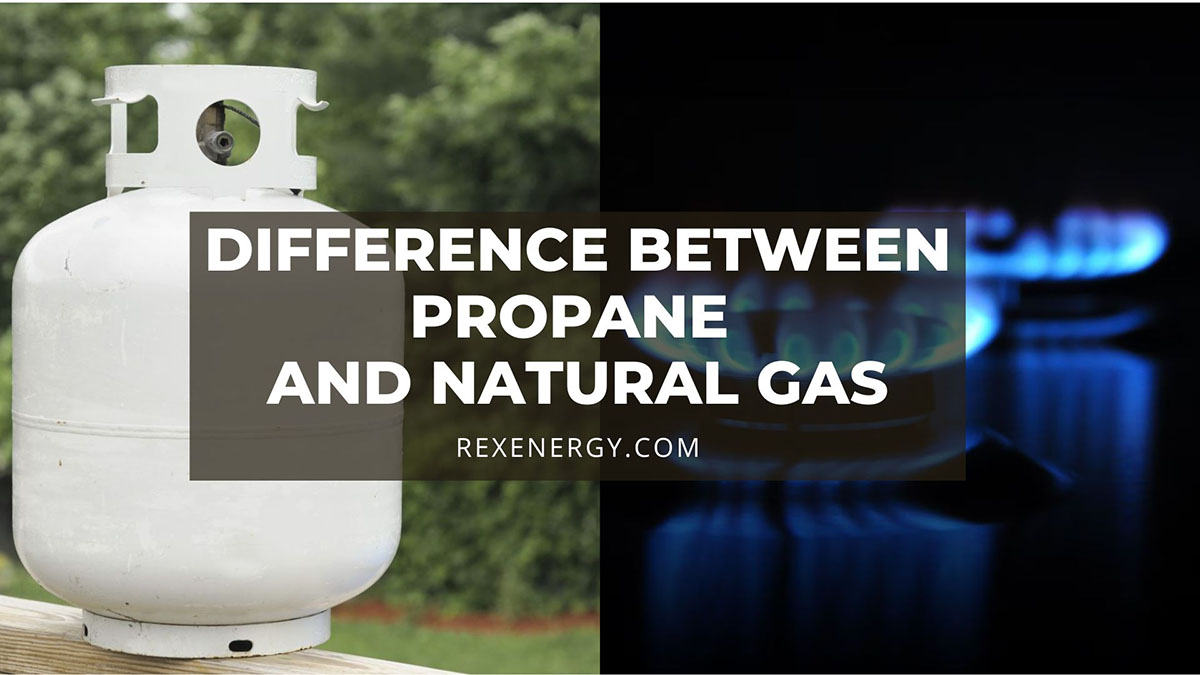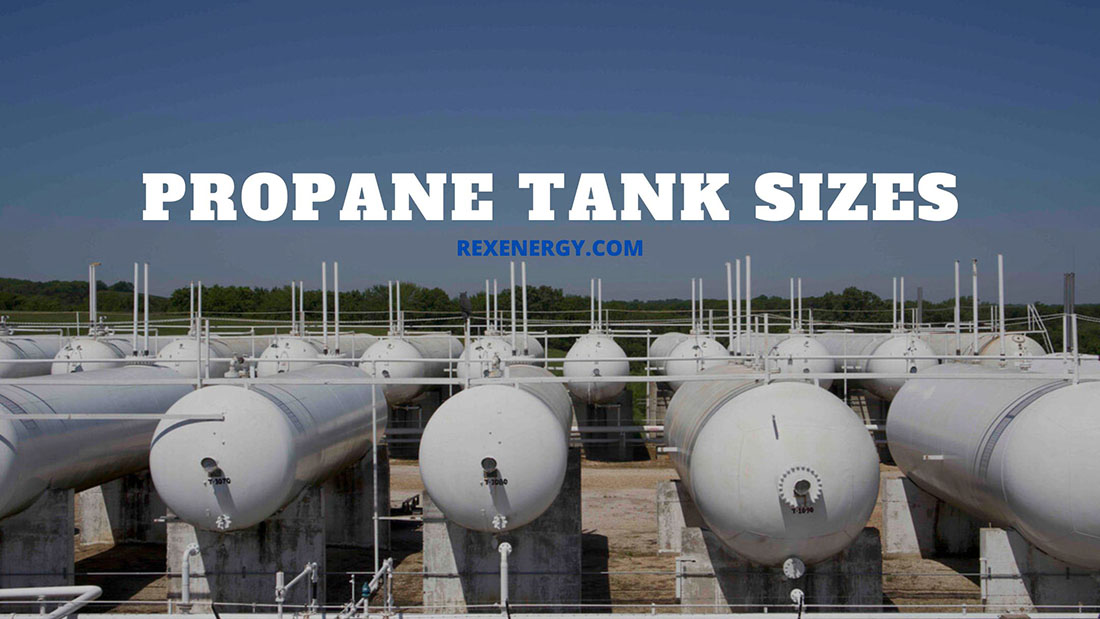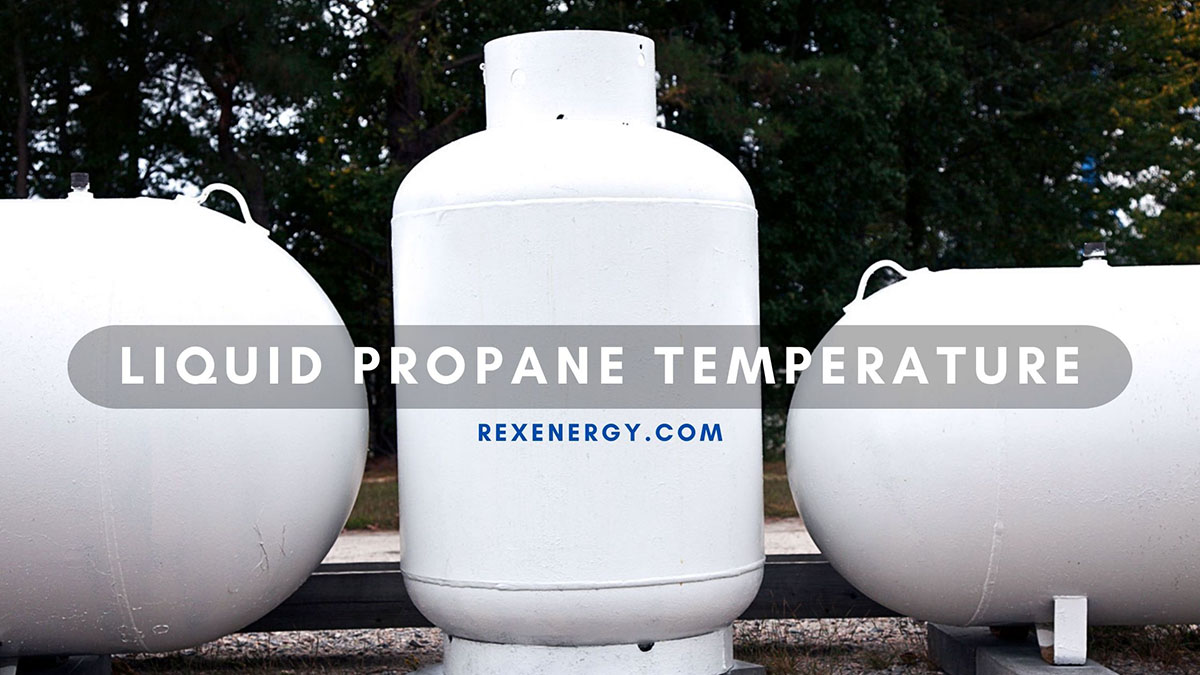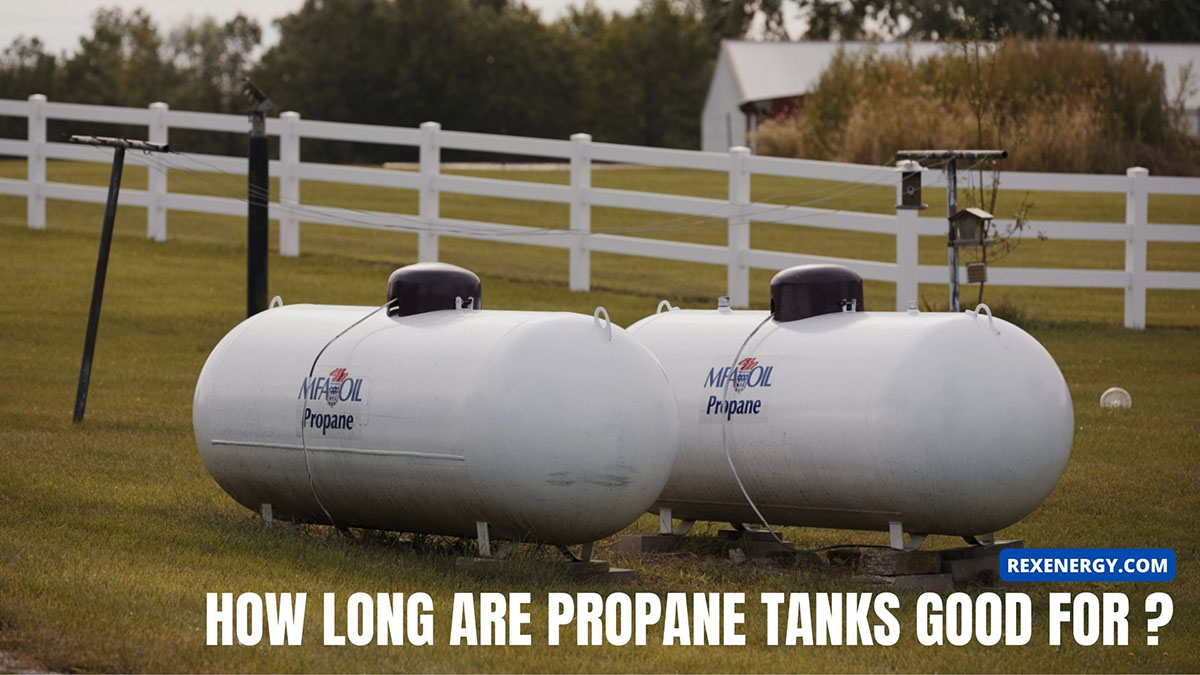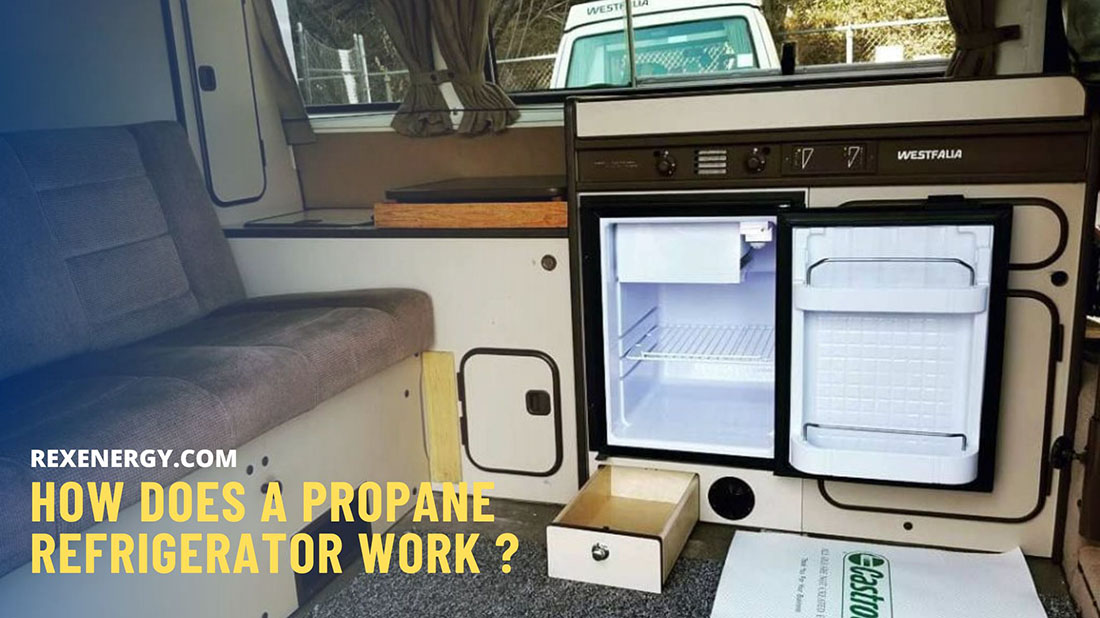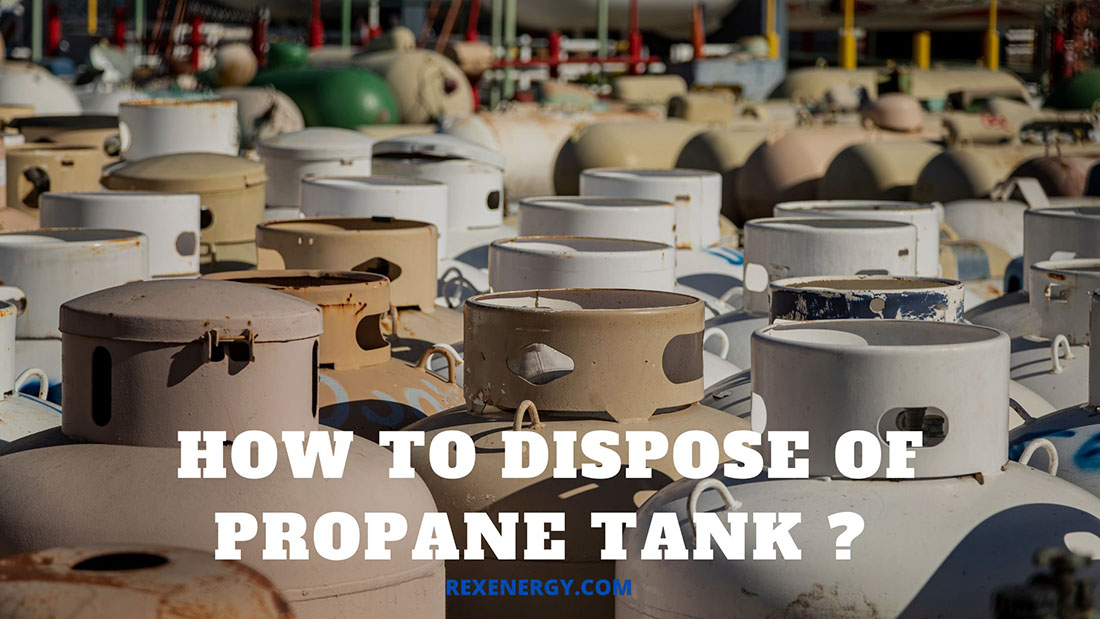Unlocking the difference between natural gas and propane can illuminate crucial factors influencing energy choices. From composition to safety considerations, these two fuels differ significantly. You can find the distinctive features of propane and natural gas in this post. It will provide the insights that empower you to make informed decisions for your heating and energy personal preferences.
What Is The Difference Between Propane And Natural Gas?
Propane is in liquid form with a higher energy content, which is delivered to households via a canister or tank. Meanwhile, natural gas is in gaseous form with a lower energy content, transported to your home through a pipeline system. Propane is also considered a cleaner fuel than gas.
Composition
Propane is a liquefied petroleum gas (LPG) derived from natural gas processing and petroleum refining. It’s stored and transported as a liquid, converting to gas when released. In contrast, natural gas primarily consists of methane and is sourced directly from underground deposits.
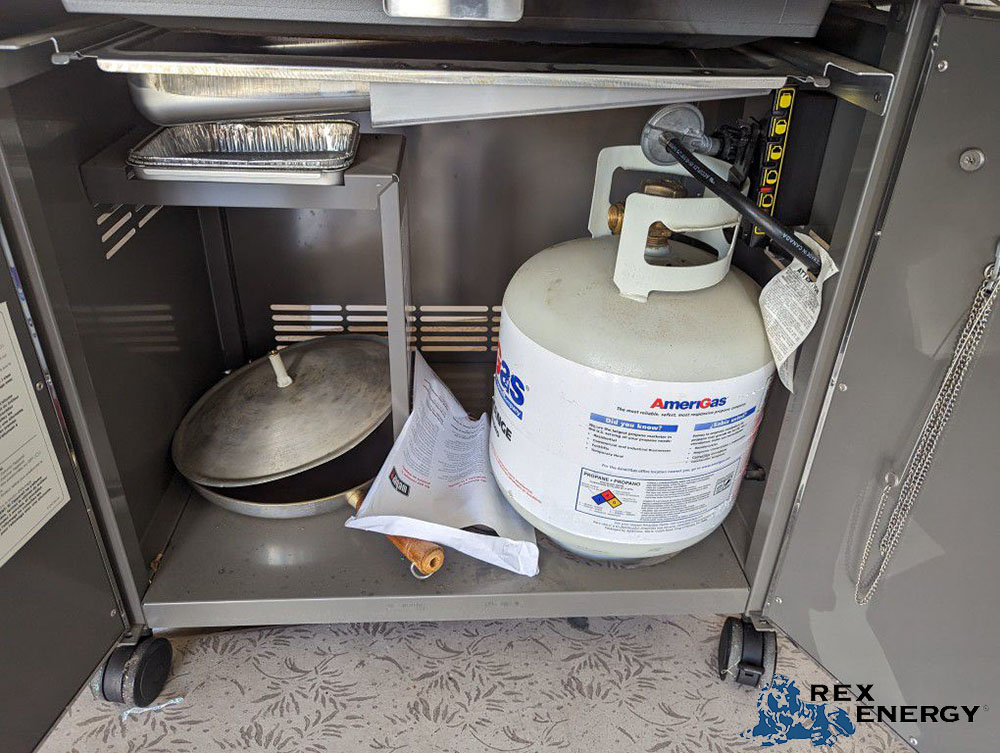
The composition influences their energy density, storage methods, and applications. Propane’s portability and versatility make it suitable for areas without natural gas pipelines, while the gaseous nature of natural gas facilitates direct distribution through pipelines for residential and industrial use.
Environmental Impact
Propane, a byproduct of natural gas processing and petroleum refining, is considered a low-carbon alternative. It produces fewer greenhouse gas emissions than traditional fuels, enhancing its eco-friendly profile. Propane combustion emits lower levels of carbon dioxide and other pollutants, contributing to cleaner air and reduced environmental harm.
Although natural gas is a cleaner burning fossil fuel compared to coal and oil, its extraction and distribution can result in methane emissions, a potent greenhouse gas. The environmental impact of natural gas is influenced by extraction methods and the efficiency of distribution systems.
Installation Process
Propane offers a decentralized and versatile solution stored in liquid form in on-site tanks, allowing for placement flexibility. Installing propane systems involves securing the tanks, connecting them to appliances, and ensuring safety.
On the other hand, natural gas relies on an intricate network of pipelines. To use the natural gas option, a property must be connected to an existing gas line infrastructure managed by utility companies. While this makes natural gas installations seamless in urban areas, it limits accessibility in more remote locations without established pipeline networks.
Efficiency
Energy efficiency is one of the crucial points telling propane and natural gas apart. The former generally boasts a higher energy content per unit volume than natural gas. Its higher BTU (British Thermal Unit) value means less propane is needed to produce the same amount of heat as natural gas. This results in a more efficient combustion process, providing better energy output for heating appliances.
While being a cleaner-burning fossil fuel, natural gas has a lower energy density than propane. Consequently, larger volumes of gas are required to achieve equivalent heating levels.
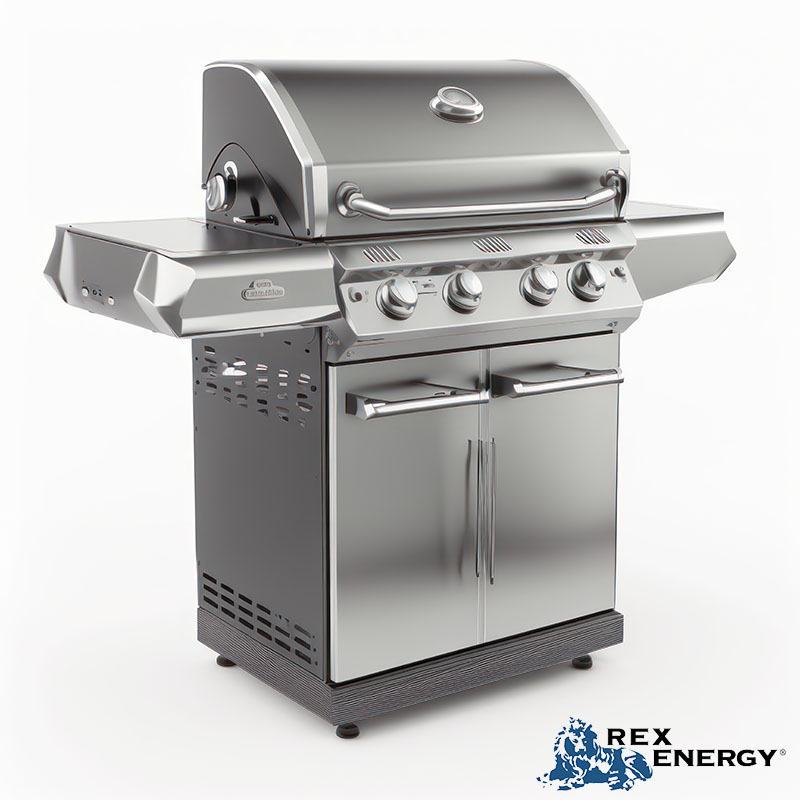
Safety
Safety considerations include the behavior of these gases in case of leaks. As propane is heavier than air, it tends to pool at ground level in the event of a leak, posing a potential fire hazard. However, an odorant is added to propane to assist detection.
Natural gas is lighter than air. As a result, it rises and disperses rapidly, minimizing the risk of pooling. Yet, like propane, an odorant is added for easy detection. Both fuels are considered safe when handled and used correctly, but you should be aware of their unique characteristics.
Maintenance & Storage Methods
Propane tanks require regular checks and maintenance to detect leaks or corrosion in the container. It would help if you placed these tanks in a well-ventilated area and away from direct sunlight. Also, never let their ambient temperature reach 120°F to prevent explosions.
Meanwhile, users don’t need on-site storage for natural gas as it is directly piped to homes and businesses. This system is quite low-maintenance since all the lines are buried under the ground. But you should exercise caution when digging around any service line.
Cost
Propane prices are typically influenced by production, transportation, and storage, resulting in higher costs per unit compared to natural gas. However, propane’s higher energy density means less fuel is needed for equivalent heating, potentially balancing the overall costs.
Natural gas is often more affordable per unit due to its abundance and the efficiency of pipeline transportation. Yet, the lower energy content per unit may result in higher consumption, impacting overall expenses. Notice that the regional variations also play a role in cost differentials.
Frequently Asked Questions
When To Use Propane And When To Use Natural Gas?
Choose propane for portable applications, such as grilling or camping, due to its easily transportable nature in tanks. Opt for natural gas for fixed installations like domestic heating and cooking, leveraging its convenience with a direct connection to a utility pipeline.
Can Propane Be Used Instead Of Natural Gas?
No. Both types of fuel need unique usage fittings. Therefore, they cannot be used interchangeably. For the installation process, the maker of the domestic appliances will provide a conversion kit if you want to swap between the two.
Does Natural Gas Smell Different Than Propane?
It’s difficult to tell the difference between the odor of the two fuels. While these common fuels are odorless, an odorant called mercaptan is added to give them a distinct smell for safety.
The smell added to natural gas is often described as more sulfur-like, while the smell in propane is often compared to rotten eggs. These odors serve as a crucial safety feature, alerting individuals to potential gas leaks so that preventive measures can be taken promptly.
The Bottom Line
Navigating the energy options and understanding the difference between propane and natural gas is essential for optimal decision-making. Whether it’s the efficiency of propane or the accessibility of natural gas, informed choices pave the way for cost-effective, safe, and efficient heating solutions.

